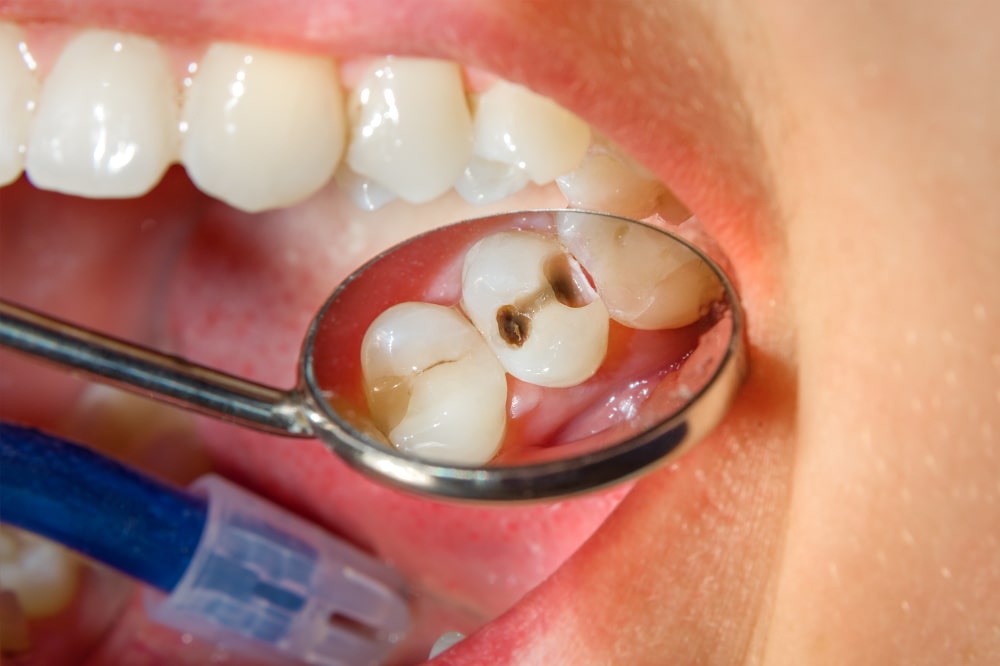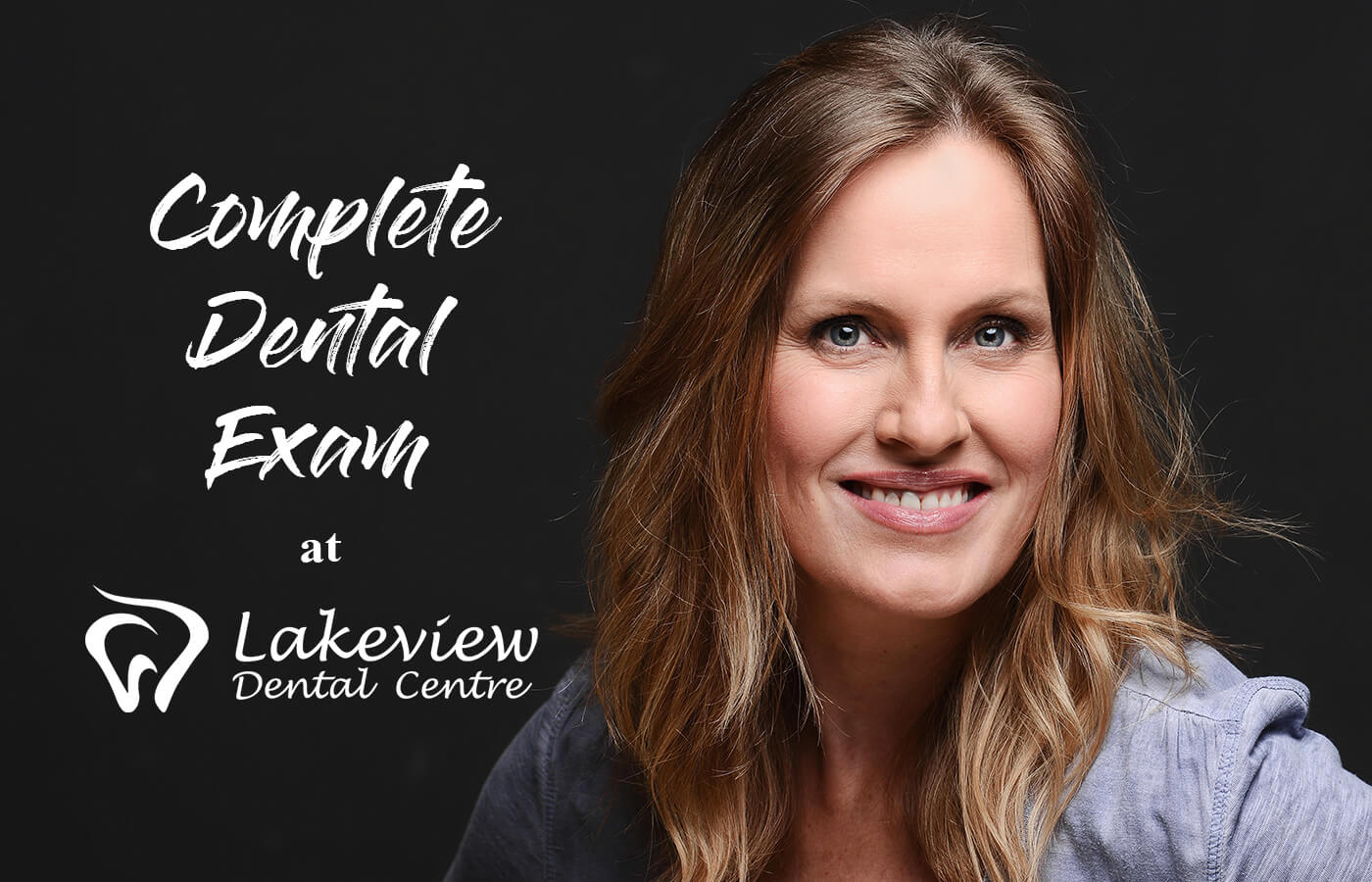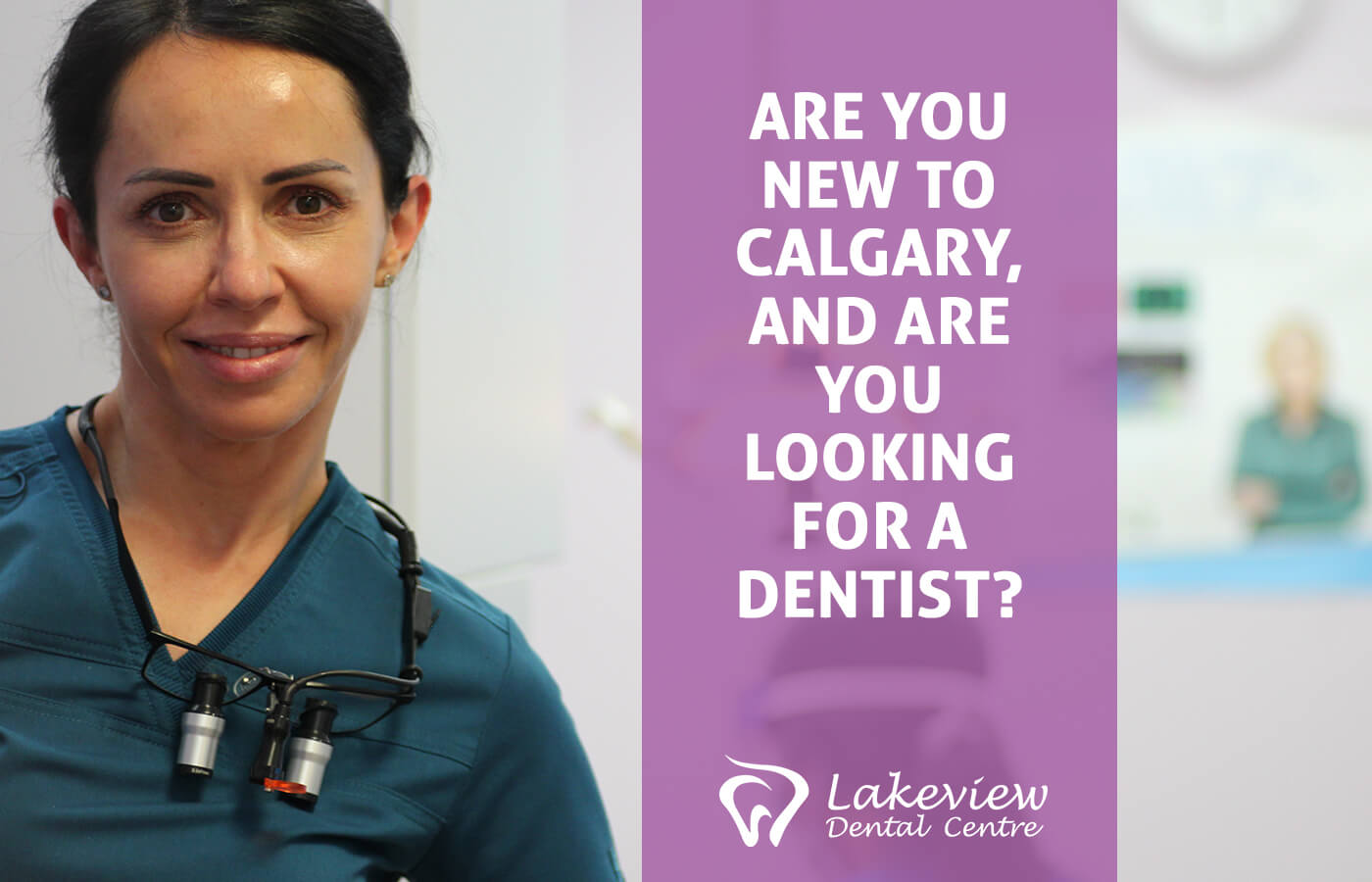Is teeth whitening right for you?

A beautiful, bright, and healthy smile – it’s a physical feature that many of us desire, and for good reason. When you feel good about your smile, your self-esteem improves, you feel more confident to socialize, and you are more comfortable participating in conversations. Our smile can make a good first impression, one of the many reasons cosmetic dentistry procedures are gaining in popularity in NW Calgary, particularly professional teeth whitening.
Although it’s a safe treatment with very little risk, teeth whitening is not for everyone. In fact, if you don’t schedule an assessment with your dentist first, applying commercial products like the popular Venus whitening gel can lead to uneven results.
If you’re considering teeth whitening, professional cosmetic dental procedures in Calgary will produce the best results that won’t impact the overall health of your teeth and gums. Here’s what a dentist will look for to determine whether teeth whitening is right for you.
1. Your natural tooth structure is intact
Fillings, crowns, veneers, or other artificial tooth treatments do not bleach. If you apply a whitening product, your natural teeth will bleach whiter than whatever tooth restoration treatment you have and it will need to be replaced to match. The risk here is that replacing any restoration work can be costly and time-consuming.
2. There are no signs of tooth decay
Applying commercial teeth whitening products to cavities can cause increased sensitivity, pain, and overall discomfort. Additionally, it can lead to permanent damage. However, tooth decay doesn’t automatically disqualify a patient for teeth whitening. What your dentist will do is treat the tooth decay first using a composite resin that can be matched with the target shade of white. If the decay is deep, a root canal may be needed before whitening. These are necessary steps your dentist will take to ensure that teeth whitening results are even.
3. The type of stain can be bleached
Most people assume that all teeth stains are equal; however, there are three different types of stains: Extrinsic, intrinsic, and age-related stains.
- Extrinsic stains are on the outer part of the tooth (the enamel) and are relatively easy to lift.
- Intrinsic stains are deep in the dentin (the sensitive layer underneath the enamel) and are harder to remove. The dentin is exposed when the enamel is worn down. Commercial teeth whitening products aren’t strong enough to lift intrinsic stains, but in-office professional teeth whitening can do the job.
- Age-related staining impacts dentin, which becomes darker as the enamel gets thinner over time. These types of stains can be lifted with professional products.





